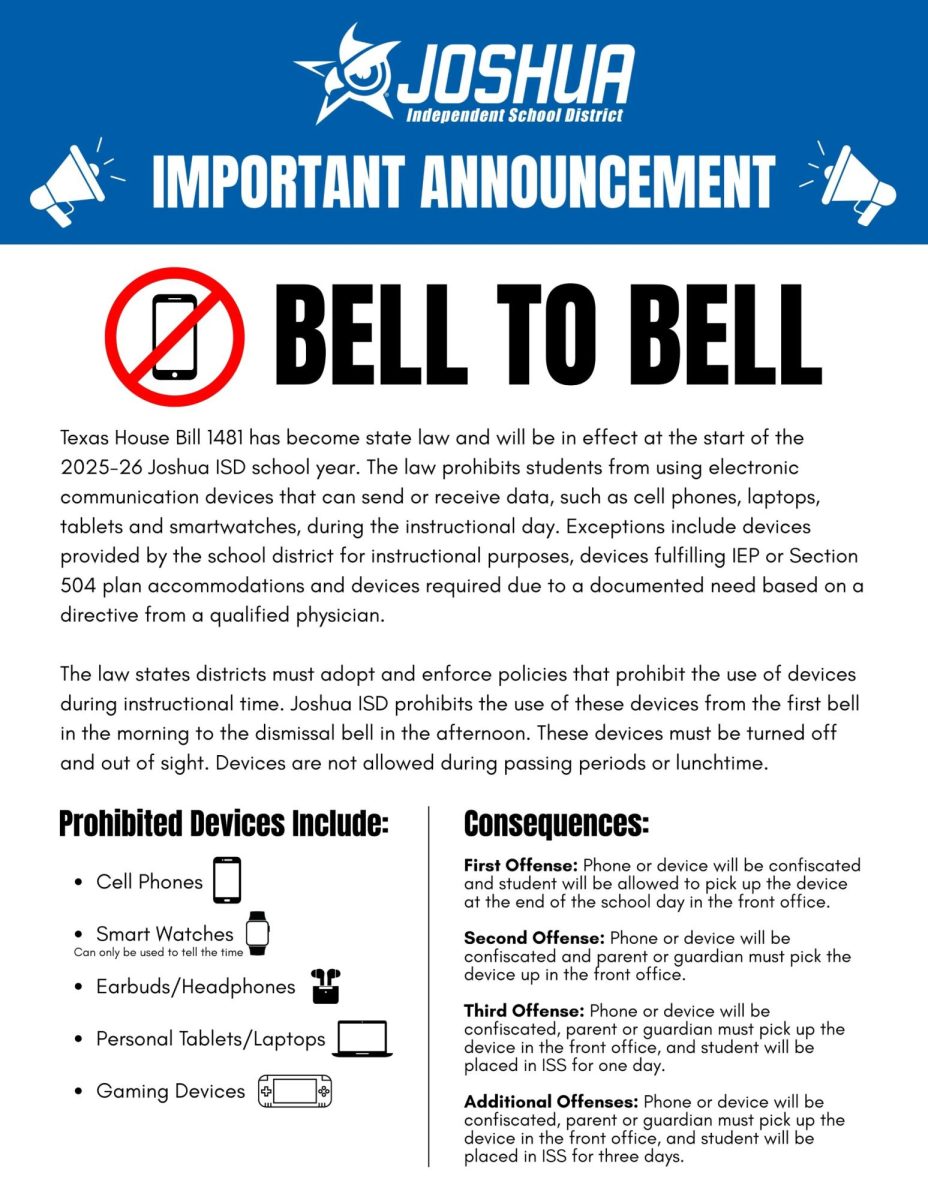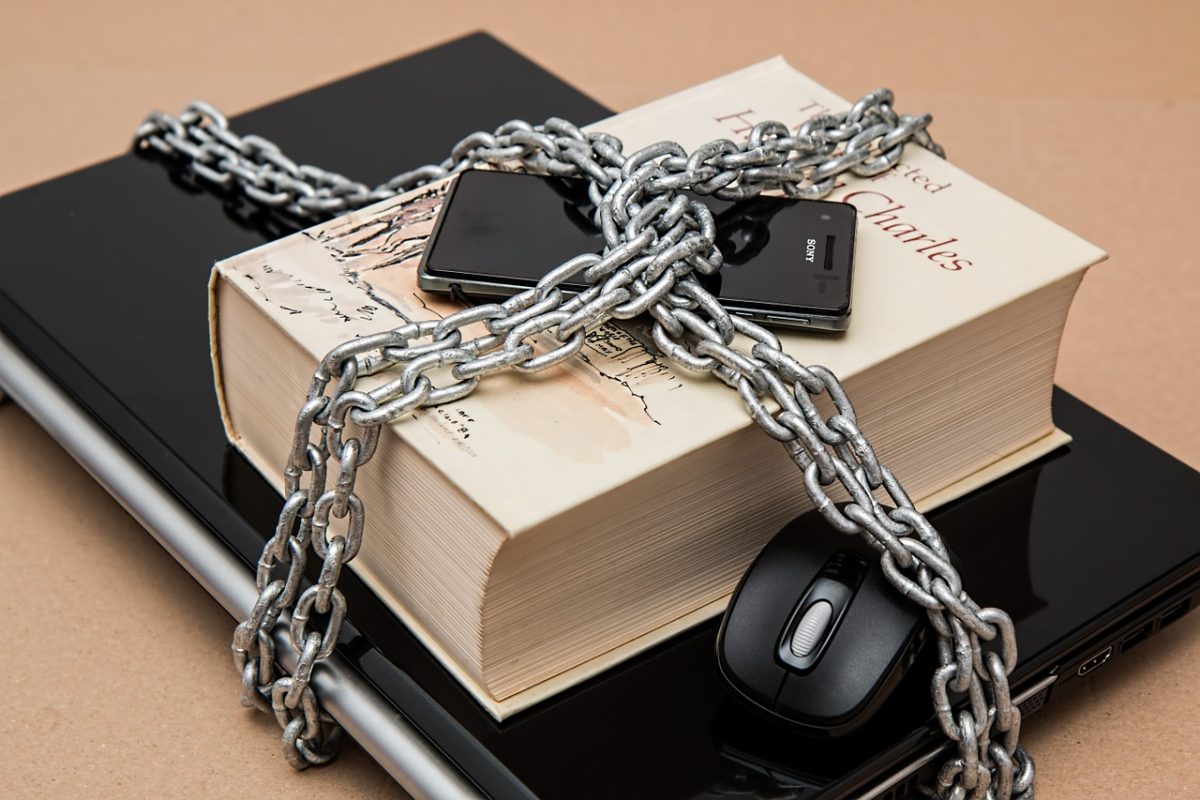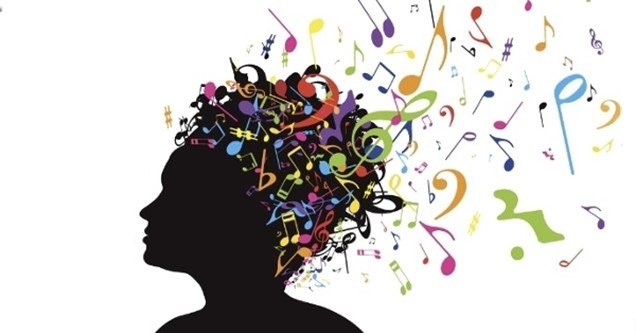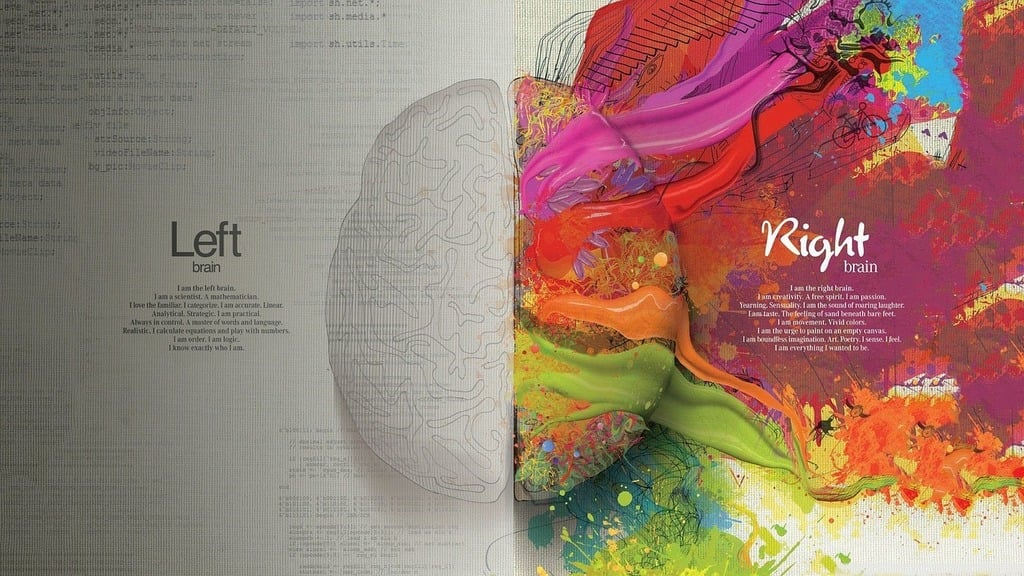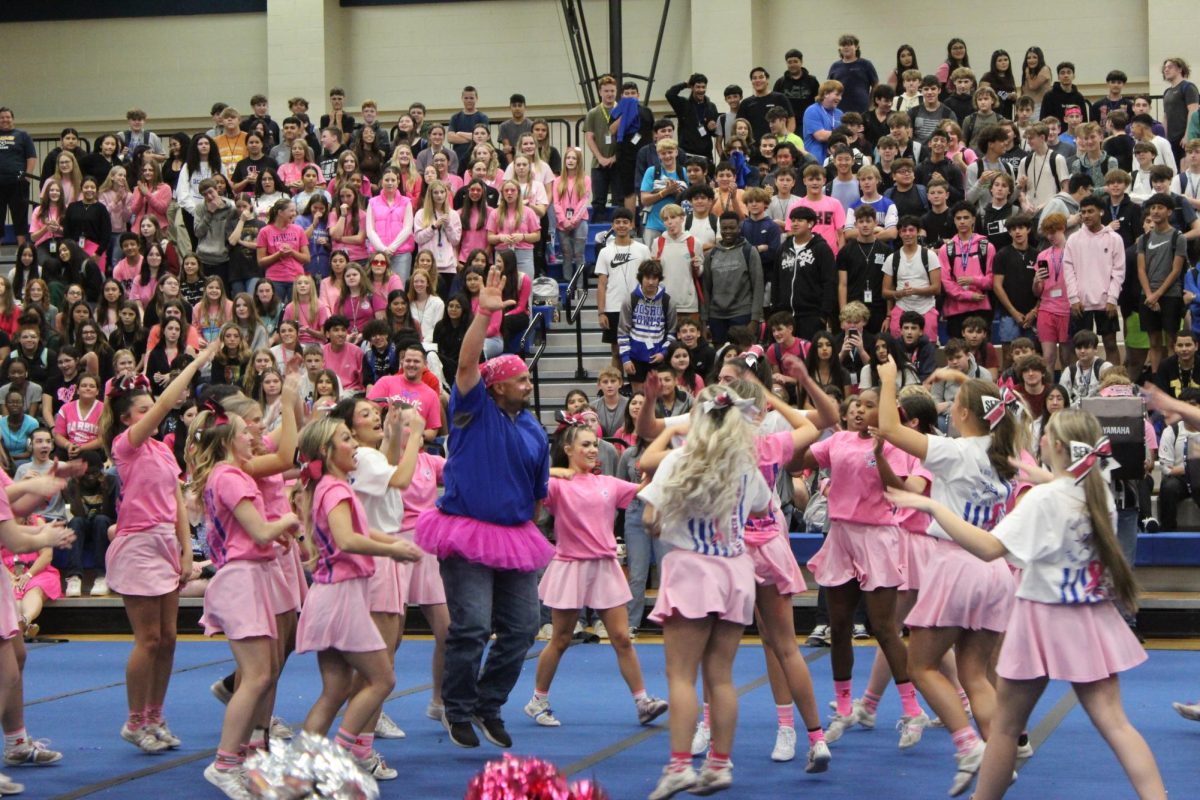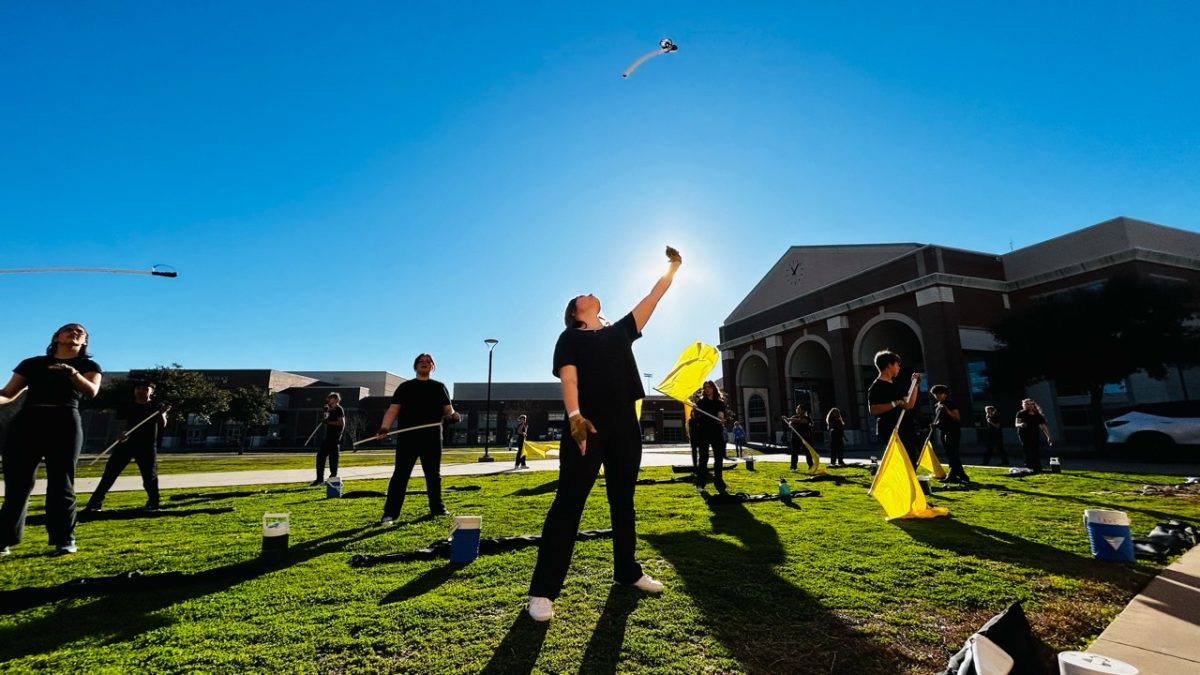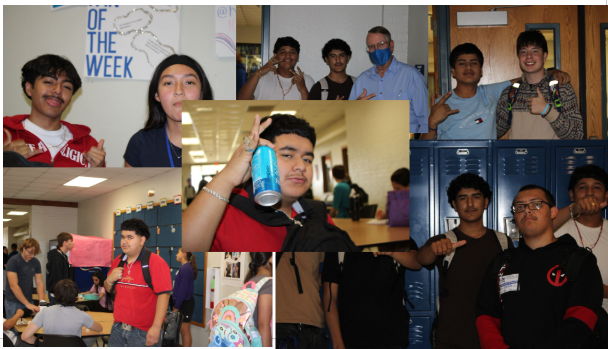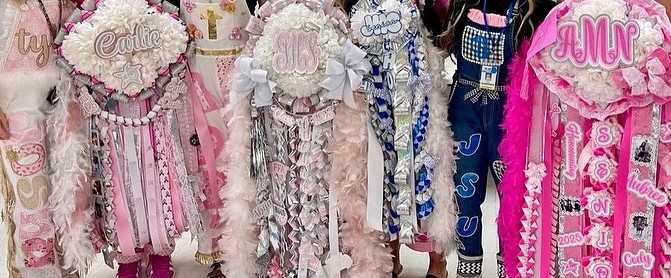A person’s brain is arguably the most intriguing aspect of the whole human body, but there are two very different halves of the brain. The right side, that is more creative and emotional, versus the left side, that is more analytical and precise. Based on various responses from students and teachers, people have very different brains.
Brain dominance doesn’t necessarily define one’s intelligence levels; it may play a part in what subjects they excel in, but it doesn’t make them any dumber than anyone else. For people who are right-brained, math and science were their favorite, or easiest, subjects. These types enjoy staying organized as well as quiet working environments. They are very precise with their words and actions. However, left-brained people let their emotions guide them and say whatever wild thing they are thinking. Reading and History have always come easily to them, but especially writing in English class. They are the types to thrive in a cluttered and boisterous room. The best thing about the human brain is that a person could have aspects of both sides of the brain.
Do you know if you’re right-brained or left-brained?
“I am right-brained. Being right-brained affects my learning abilities by showing me a specific way to do tasks,” sophomore Tinl Jones said. “I love creativity, but with that comes perfectionism. I think about things too closely, plan way before when I’m excited or way too late if I’m not, and sometimes I won’t bother to look at something at all. My brain functions off of, specifically, background noise and visuals. If I’m ever focusing on something, it’s with music or a video in the background.”
“I am definitely left-brain dominant,” sophomore Isabella Lambert said. “I am very math and science heavy. I am very clean. Silence is my best friend. I don’t really share my emotions, and I enjoy structure.”
“I’m left -brain dominate, and it honestly makes a lot of sense, as I typically do very well in math and science classes,” an anonymous source said.
Would you consider yourself naturally messy? Or does everything have a specific place? Why is this? Or what in particular do you organize?
“No, I am very clean,” Lambert said. “Everything has a home and I go crazy when I can’t find something.”
“I’m usually messy, but once I organize things they will stay in their own spot but it will still be clustered,” sophomore Kensey Doss said.
“I’m definitely more messy,” sophomore Amelia Rigney said. “I find that my life seems more interesting when it’s not in a specific order, it makes it more fun.”
Another thing that is considered when deciding left or right brain is how emotions are expressed. When a series of questions were asked the things that most described each person were, ‘I bottle it up until I eventually explode over something small’, ‘It’s all getting pushed down’, or ‘No one will see me hurting’. All of these could be seen as the left side of the brain, however bottling it up is a right side attribute. They have to get creative in order to not let it all spill out. But, the right side of the brain is very emotional. They get upset easily and will make sure it is known at one moment or the other. Something that goes along with emotions is how we respond to authority. Do we take it well? Or is everyone wrong in what they’re telling us we need to do?
Do you question authority? Why or why not?
“I do not,” Lambert said. “Even if I know the right answer I will move on because it is insignificant to me.”
“I question authority depending on their role,” Jones said. “If someone with some authority over me tells me something that I do not agree with that I think is above their place, I will point it out and question it. Although, if someone that could get me in trouble orders me to do something, I will more than likely comply without question. I will always comply when I know that a person’s authority is valid.”
“No, not really because I’d rather not be in control or in charge,” Doss said.
“No. Authority is necessary,” an anonymous teacher said. “Not everyone can be a leader. Sometimes, criticism is needed when a job isn’t getting done.”
The difference between left and right-brained people isn’t a problem for society; it’s what gives us new innovations and ideas. If everyone was the same, nothing would progress. People should use their dominant side of the brain for good, to be the difference in how others think about and experience their surroundings.


